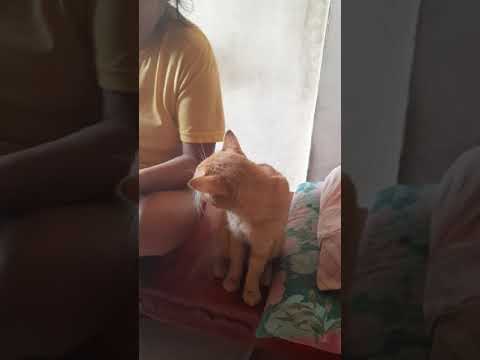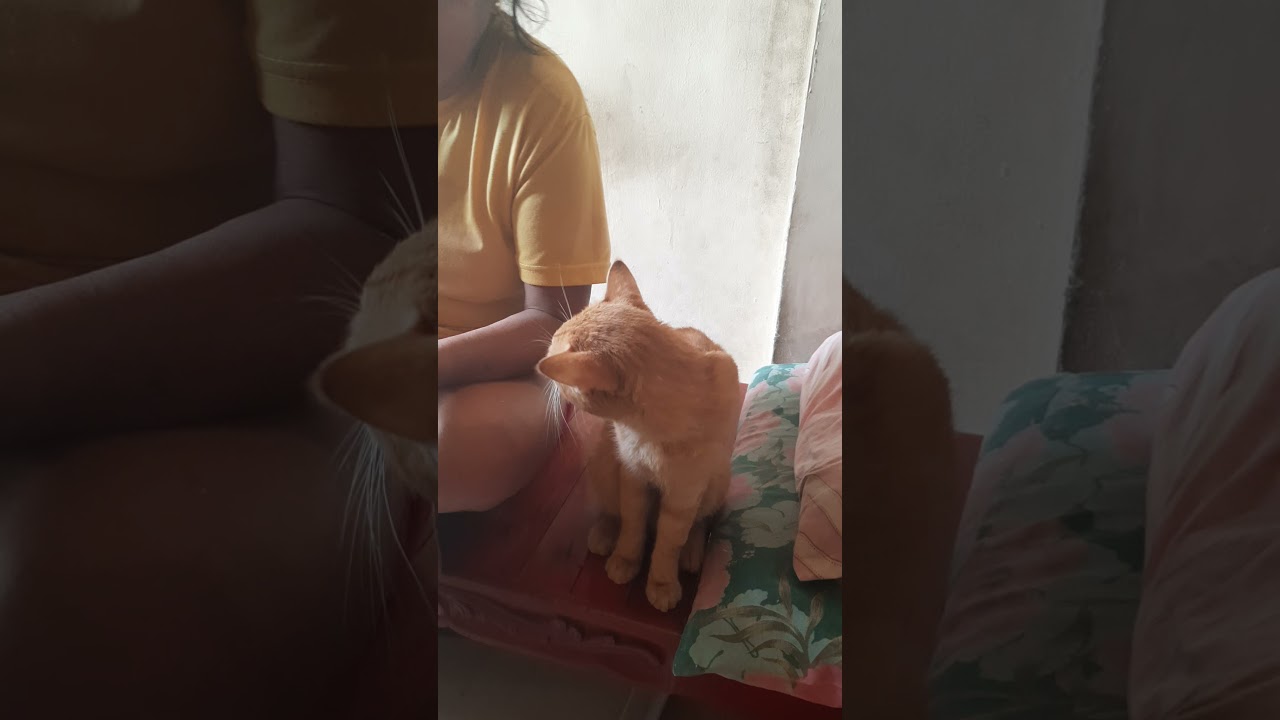Curious about what to do if your cat devoured corned beef? Discover the essential steps to take in this informative guide. While it may seem like a harmless indulgence, corned beef can pose potential risks to feline health. Understanding the implications and acting swiftly is crucial to ensure your beloved furry friend stays safe and healthy. This comprehensive article provides expert advice on how to handle the situation, what symptoms to look out for, and when to seek veterinary assistance. By following these guidelines, you can address any potential issues effectively and protect your feline companion‘s well-being. Remember, being proactive in situations like these is vital, as it allows you to make informed decisions and provide the necessary care for your cat. Don’t let uncertainty linger; equip yourself with the knowledge needed to handle this specific scenario. So, if your feline friend has ingested corned beef, read on to discover how to respond promptly and prevent any health complications. Your cat’s health and happiness are in your hands, so empower yourself with the information required to deal with this situation effectively.

What to do if your cat ate corned beef
| Scenario | Action |
|---|---|
| 1. Cat consumed a small amount of corned beef | Monitor your cat for any signs of discomfort or digestive issues. Provide plenty of fresh water to keep your cat hydrated. If symptoms persist or worsen, consult your veterinarian. |
| 2. Cat ingested a large quantity of corned beef | Immediately contact your veterinarian for guidance. Ingesting a large amount of corned beef can lead to digestive upset, pancreatitis, or other serious health issues. Your vet may advise inducing vomiting or bring your cat in for an examination. |
| 3. Cat consumed corned beef with bones | Call your veterinarian right away. Cooked bones can splinter and cause choking hazards or internal injuries. Do not induce vomiting unless instructed by a professional. Your vet will determine the best course of action, which may include an X-ray to assess potential damage. |
| 4. Cat exhibits symptoms like vomiting, diarrhea, or lethargy | These symptoms could indicate an adverse reaction or digestive issue. Contact your veterinarian promptly. Provide a quiet and comfortable space for your cat while awaiting professional advice. |
| 5. Cat has a known sensitivity to corned beef | If your cat has previously shown sensitivity to corned beef or other ingredients, avoid feeding it to your cat altogether. Opt for a diet recommended by your veterinarian to prevent any potential allergic reactions or digestive problems. |
“He’s Not a Fan of Corned Beef! The Funny Cat Strikes Again!”
What to Do If Your Cat Ate Corned Beef
Having a curious cat can sometimes lead to unexpected situations, such as your feline friend getting their paws on food they shouldn’t consume. One such instance could be if your cat ate corned beef, a popular dish enjoyed by many during holidays like St. Patrick’s Day. While corned beef itself is not toxic to cats, it is important to take some precautions and monitor your pet’s behavior to ensure their well-being and health.
1. Assess the Situation
First and foremost, it is crucial to assess the situation and determine how much corned beef your cat has consumed. If it was just a small nibble or a few bites, your cat may not experience any adverse effects. However, if your cat has ingested a significant amount or even the entire serving, it’s time to take action.
2. Monitor Your Cat
After your cat has consumed corned beef, closely monitor their behavior and overall condition. Look out for any signs of distress or discomfort, such as vomiting, diarrhea, or excessive drooling. Additionally, keep an eye on their eating habits and litter box usage. If you notice any alarming symptoms, it’s essential to contact your veterinarian immediately.
3. Hydration is Key
While corned beef itself is not toxic, it can be high in salt content, especially if it has been seasoned or cured. This can lead to dehydration in cats. Make sure to provide fresh water for your cat to drink and encourage them to stay hydrated. If you notice any signs of dehydration, such as decreased urination or lethargy, it might be necessary to consult with your vet and potentially administer fluids.
4. Observe for Allergic Reactions
Some cats may have allergies to certain ingredients commonly found in corned beef, such as garlic or onion. These ingredients can be toxic to cats and may cause an allergic reaction. Watch out for symptoms like difficulty breathing, swelling, or excessive itchiness. If you notice any of these signs, contact your veterinarian immediately for further guidance.
5. Preventing Future Incidents
To avoid similar situations in the future, it is crucial to keep human food out of your cat’s reach. Ensure that any leftovers or potentially harmful foods are securely stored in a place where your cat cannot access them. It is also advisable to educate your family members or housemates about the importance of keeping human food away from your cat.
In conclusion, if your cat has eaten corned beef, it is important to assess the situation, monitor their behavior, and take appropriate action if necessary. While corned beef itself is not toxic to cats, it can lead to dehydration or allergic reactions in some cases. By closely observing your cat and providing them with fresh water for hydration, you can help minimize any potential risks. If you notice any concerning symptoms or your cat’s condition worsens, do not hesitate to seek professional veterinary assistance. Remember, prevention is key, so take steps to prevent future incidents by keeping human food securely stored and out of your cat’s reach.

